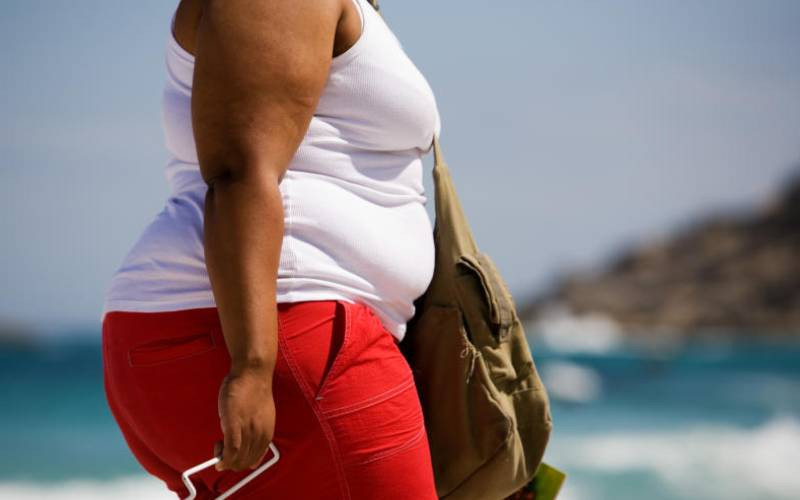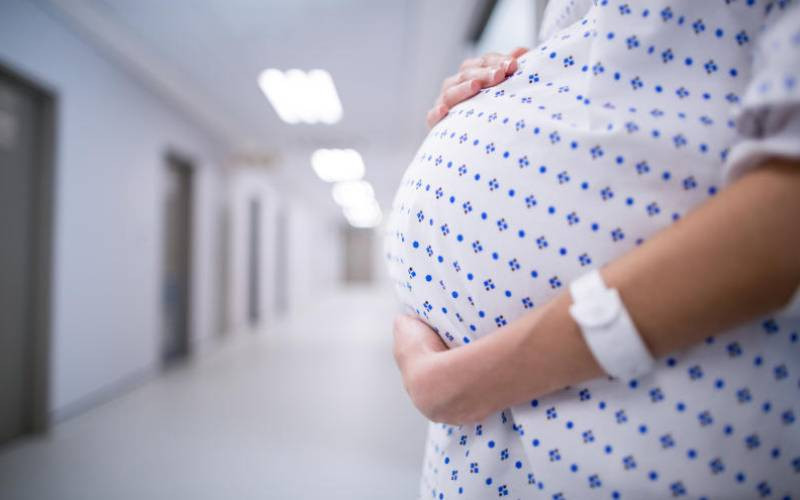
As the rollout of the Covid-19 vaccine in Kenya lies imminent, many questions are yet to be answered, according to a report by the Sunday Standard.
Coronavirus has ravaged the world for slightly more than a year, damaging economies and leaving lives destroyed in its wake. But even as the government announced that the arrival of the vaccine is due in February, it’s unclear as to who will receive the vaccine first, who will be allowed to give the vaccine, and if our health workers and facilities are sufficiently equipped to distribute the vaccine.
The Ministry of Health announced that the AstraZeneca vaccine would be arriving in the country with Health Cabinet Secretary Mutahi Kagwe adding that other vaccines are on the way.
With their arrival, some hurdles that could be faced in its distribution include a lack of interest from the people, who, it has been reported, hardly believe in the existence of the virus let alone the effectiveness of the vaccine.
“We would expect that once the vaccine is here, people will rush to get it. But the problems of uptake are all over the world,” said Dr Ahmed Yakub Kalebi, Founder, CEO and Group Managing Director of Lancet Group of Laboratories - East Africa.
“There is skepticism all around. In many places, poeple first and foremost don't believe that Covid-19 is real. If Kenyans can take lightly diseases as serious as polio which have been around for ages and whose vaccination is free, you can imagine a disease as new as Covid-19.”
As such, the government needs to publicise the importance of the vaccine in good time such that the public is ready to receive it when time comes.
Role of the private sector
It is also unclear on what role private health facilities will play once the vaccine is available in the country.
The importation of vaccines by the private sector is yet to be approved. Amref Health Africa Group CEO Gitahi Githinji explained that since the vaccine has been developed in record time, they have emergency use authorization but no regulatory approval.
“As such, the private sector may not yet be allowed to transact in alternative vaccines.”
Therefore, the private sector may only be tasked with helping the government in distribution but this too is unclear.
And should the private sector be permitted to distribute the vaccines acquired by the government, there begs the question of how much to charge for it.
“As this vaccine is coming in a donation, but the private clinics have to charge for it, how is the costing going to be done? They will need to charge for the services they offer and time spent, so how will the cost be calculated?”
There is also the fear that as the vaccine is being brought in by the government, it will shut out those in the private sector since those in the private sector might not want to go to the public sector.
Who gets it first
Another aspect of distribution that is yet to be clarified is who will get vaccinated first. Many countries that have already rolled out the vaccine started with those in the frontlines i.e. health workers and the aged who are the most vulnerable.
But the government, despite hinting at starting with the most vulnerable, the list remains unclear. Of the 24 million vaccines coming in, 430,000 will go to health workers, 5.3 million to elderly persons, 4.4 million to people living with chronic diseases, 830,000 to teachers and security personnel. This is according to Dr Patrick Amoth, Ministry of Health Acting Director General.
Preparedness
The issue of the country’s preparedness to distribute the vaccine has also been put to question. According to Kalebi, the government needs to address the issue of if giving of the vaccine will fall within the purview of health workers’ current docket or if they will be paid separately for administering the vaccine.
“You might find you have the vaccine but you don't have things like disinfectants, swabs, gloves, disposal containers and needles,” he added.
There is also a need to adequately train health and community workers at all levels so that they can identify any side effects of the vaccine and report them accordingly.
“Even community workers should be in a position to note and manage to report issues about the vaccines,” Dr Githinji said.
 The Standard Group Plc is a multi-media organization with investments in media platforms spanning newspaper print
operations, television, radio broadcasting, digital and online services. The Standard Group is recognized as a
leading multi-media house in Kenya with a key influence in matters of national and international interest.
The Standard Group Plc is a multi-media organization with investments in media platforms spanning newspaper print
operations, television, radio broadcasting, digital and online services. The Standard Group is recognized as a
leading multi-media house in Kenya with a key influence in matters of national and international interest.










